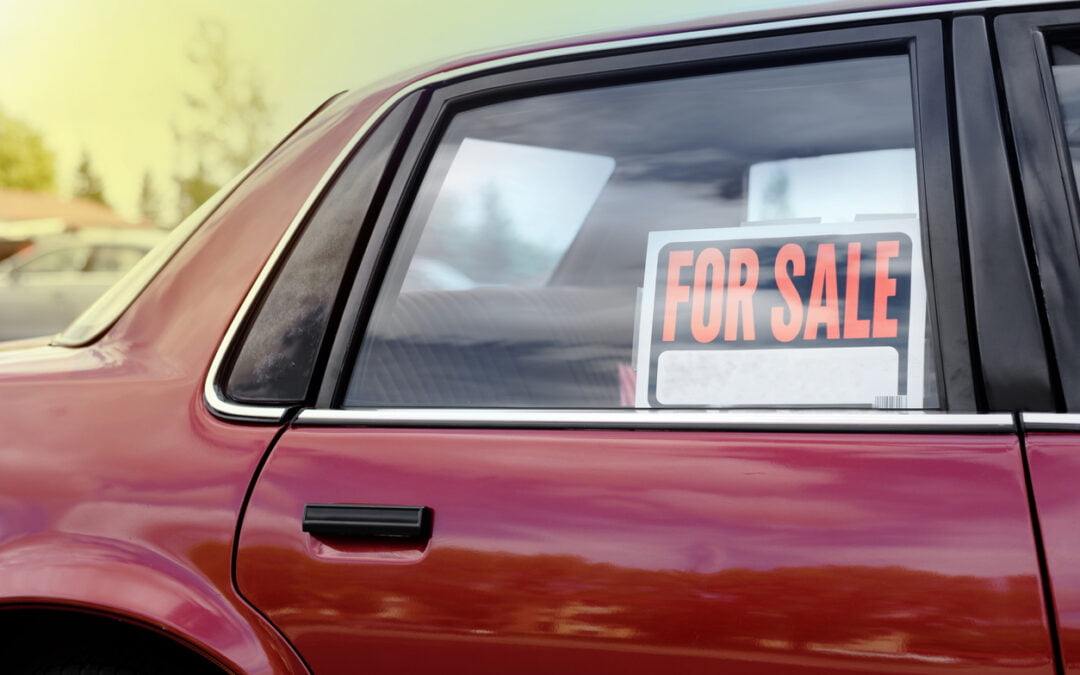Currently, it is a difficult time to buy a car in Ontario. The shortages due to a lack of micro-chips and other parts translates to a supply shortage in new vehicles. If you are in the market for a used vehicle, this shortage will affect you, too. Because of lower stock, the price of used vehicles has risen due to heavy competition for supply. Not to mention the rise in inflation adding to the bottom line of both new and used vehicles. If you are determined to try and find a used car to fit your needs, we’ve compiled a comprehensive guide for buying used vehicles in Ontario.
How to find the right used vehicle
For those looking to buy used cars in Ontario, it’s important to do your homework and get the best car for the most value. But before you start visiting dealerships or want ads, you’ll want to nail down what type of vehicle is best for you. You’ll need to weigh the pros and cons, as well as prioritize which features are most important to your needs and wants.
Here are the main points to consider when buying a used car in Ontario:
1. Fuel economy
Fuel economy is becoming a fundamental consideration for used car buyers. For families and commuters, a lower L/100km is ideal. Keep in mind that SUVs and trucks, as well as all-wheel drive and four-wheel drive vehicles, will have lower fuel economy than two-wheel drive cars. For a list of the top 10 most fuel-efficient cars, click here.
2. Cargo capacity
This is where lifestyle comes into play. Carpooling, leisure activities, errand running and job requirements should all be considered when determining which vehicle can fulfill your needs.
3. Engine size
Be sure to compare power numbers (acceleration and top speed), as well as fuel economy. It might be worth it to take the hit on power to go further with each tank, especially with the inflation of gas prices today.
4. Safety ratings
Auto manufacturers are focusing more of their attention on safety with driver-assist features. Newer models with the latest technologies may cost more, but can end up saving you more on car insurance.
5. Mileage
One of the single biggest factors determining the purchase price of a used vehicle is what’s on the odometer, otherwise known as the mileage. This tells you how much wear and tear the vehicle has experienced over its lifespan.
Around 20,000 kms is considered average usage, so if you’re buying something made five years ago (or older), anything over 100,000 kms is above average.
6. Interior specs and the little extras
From sound systems to onboard GPS, make sure to review features offered to avoid the added cost of aftermarket parts and installation fees.
7. Form & function
Be sure to weigh practicality against personal style preferences. If you’re on the fence about a model, try a test drive or read reviews to guide you to the right choice.
8. Safety Standards Certificate (SSC)
You may be able to buy used vehicles without an SSC, but you cannot put plates on it without one. The seller isn’t legally required to provide this, but you can ask for it as part of the deal. An SSC shows that the car meets the Ontario government’s minimum safety standards.
7 steps to buying a used vehicle
Buying used vehicles in Ontario is a relatively simple undertaking, if you know which steps to take. The more methodical your approach, the more successful your purchase will be. Here are some basic steps to follow when preparing to purchase a used vehicle:

To learn more about the UVIP package, click here.
Used car insurance
Ontario is the second most expensive province when it comes to car insurance, averaging around $1,500 a year. That’s about $125 a month in car insurance payments. Vehicle insurance is compulsory in Ontario, but you have the option to shop around for the best deal by using isure.
To legally drive a vehicle in Ontario, your car insurance policy must include the following coverages:
- Third Party Liability coverage,
- Accident Benefits coverage and
- Uninsured Automobile coverage.
In some cases, you may want or need more coverage. The amount of insurance you need is often your choice. Just make sure you have enough to fit both your budget and what you’re willing to pay out-of-pocket in the event of a claim. These coverages include:
- Comprehensive
- Collision
- Specified Perils (water, fire, acts of God, etc.)
- Replacement Value
- Gap Insurance
All in all, buying used vehicles can be daunting, which is why doing your research before committing to a purchase is critical. Some of the best resources are friends, family and colleagues that have already been through the car-buying process. You can also ask for help from one of our isure representatives when it’s time to secure your insurance policy!




